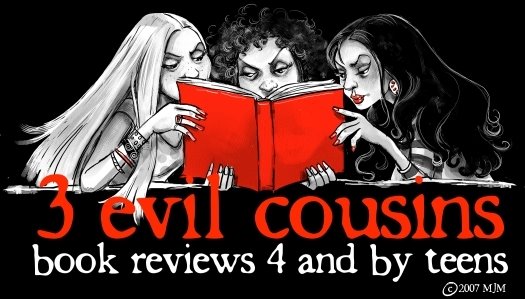 For the past year and a half, America has been caught up in the whirlwind that is the election of a new president. And the book that I just read goes along quite well with the thoughts that have been on everyone’s minds during the whole election process.
For the past year and a half, America has been caught up in the whirlwind that is the election of a new president. And the book that I just read goes along quite well with the thoughts that have been on everyone’s minds during the whole election process.The book I read was First Daughter, by Mitali Perkins.
Sameera is Pakistani American, having been adopted from her home country when she was three years old, by an American politician and his activist wife. She’s sixteen now, and is joining her parents in the dog-eat-dog world of the campaign trail.
Her father is running for president.
She’s excited to receive a paparazzi-pleasing makeover, excited to spend more time with her family, and excited to plunge into the campaign—that is, until she learns what her father’s campaign people have in store for her. Eager to make her seem more “American” to voters, they coach her in speaking “teenager,” create a blog for her that she has nothing to do with, and rename her ‘Sammy.” Sameera is now caught between staying true to herself and hindering her father’s chances of being elected, or sacrificing her personality and ethnic pride, in order to promote her father .
This book was ridiculously eviltastic. It delved into American culture and asked questions about ethnic identity. For instance, one of my favorite thoughts from the book was this: How soon after your family has lived in America, can you take off the ethnic word that precedes “American?” For a German immigrant, it takes only a generation or two, but for African Americans, Thai Americans, Pakistani Americans... the first word almost never wears off. I just loved how the book explored questions like this.
Another cool thing was the fact that Sameera, the heroine of the novel, would experiment by putting on a burka (a Muslim woman’s full body covering) and wandering the streets of Washington. She found herself almost invisible, and was amazed and interested by the reactions of passers-by when she asked them for directions, et cetera. Sameera got the chance to talk and think about cultural identity and different types of people, and we, as readers, got to listen and think about it ourselves.

Trying to dig up my old family tree to see if I have any cool ancestry (well, asides from the BEST grandparents ever that made it so that I have so many wonderful evil cousins),
Briar
